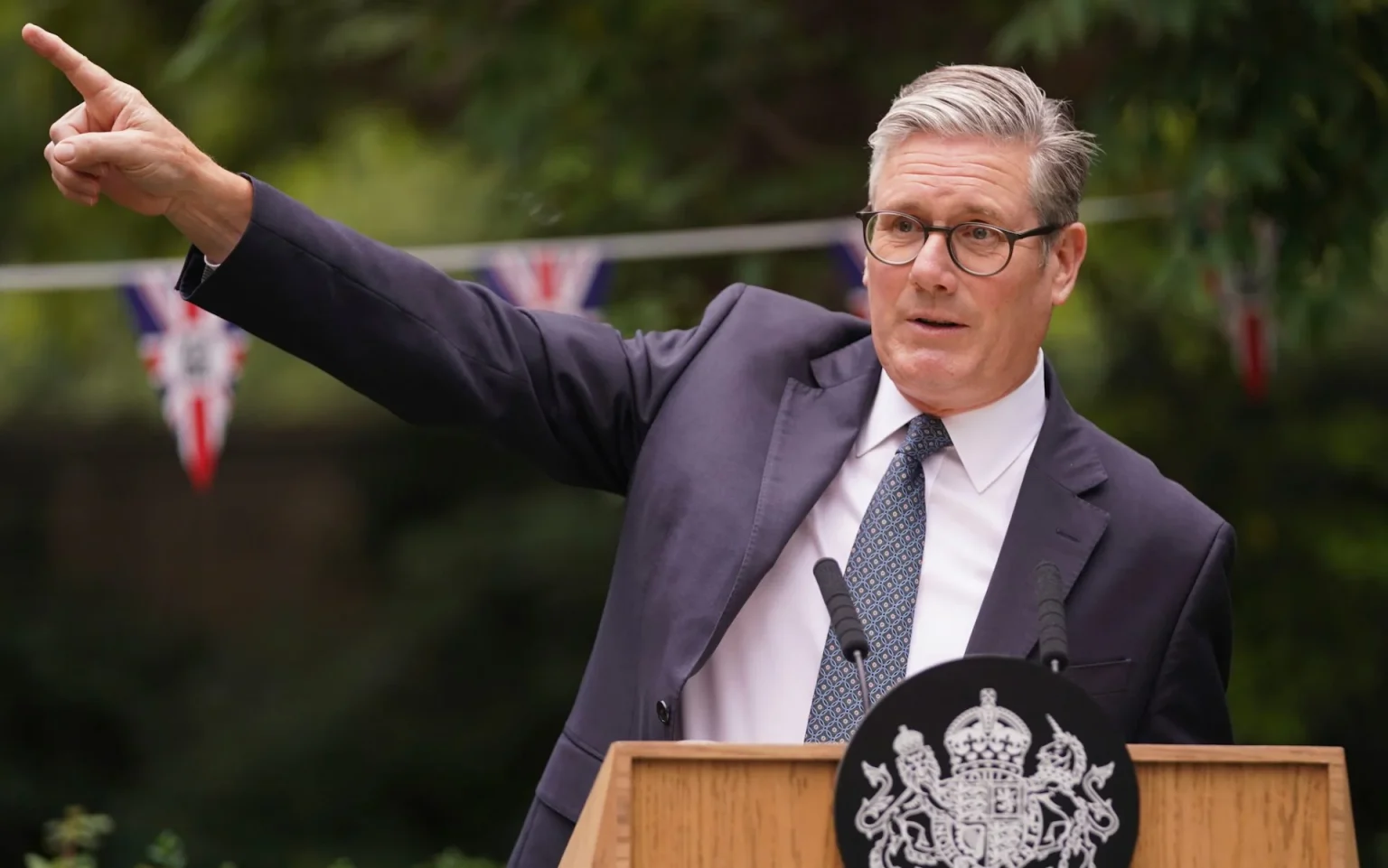The Labour government is facing criticism for allegedly neglecting British tech companies while seeking to position the UK as a global leader in artificial intelligence (AI).
Newly formed government working groups had set up to address growing concerns over AI’s impact on copyright laws which come under fire after it emerged that just one UK tech company, AI video startup Synthesia, was invited to participate.
In contrast, the attendee list includes several major US tech giants, such as Amazon, Apple, Meta, Nvidia, and OpenAI.
The imbalance has sparked accusations that UK ministers are prioritising American corporate interests over homegrown innovation, undermining the government’s stated goal of achieving AI sovereignty.
A source from the creative industries said, “Not content with hollowing out the creative sector in favour of Big Tech, it seems the Government is now favouring US AI giants over UK startups. This makes a mockery of their supposed commitment to UK tech.”
The working groups were established following the passage of the Government’s controversial Data Bill, which drew backlash from prominent artists including Sir Elton John, Sir Paul McCartney and Dua Lipa.
Critics say the legislation gives tech firms the freedom to use copyrighted material to train AI models without compensation.
An attempt in the House of Lords led by filmmaker Baroness Kidron to introduce an amendment requiring transparency around the use of copyrighted content was rejected.
Ministers said a separate consultation on copyright is underway.
Two meetings of the AI working groups have already taken place, with a third set for early next month. The final session will include representatives from industry group TechUK, which has pledged to advocate for its UK-based members.
Baroness Kidron described the lack of UK representation as beyond disappointing, warning: “We cannot grow our AI sector if the Government continually offers preferential treatment to US companies. It’s as if they’ve failed to learn the lessons of two decades of economic power being exported to Silicon Valley.”
Ausrine Skarnulyte, CEO of UK AI startup Voice Swap, echoed those concerns, saying: “There is a real risk that well-funded US companies will end up setting the terms of AI regulation, leaving UK firms with no say in shaping the rules they’ll be forced to follow.”
Critics say the exclusion of ethical UK tech firms, many of which support paying for creative content used in training AI—undermines both domestic innovation and fair treatment of creators.
A government spokesperson rejected claims of favouritism added that: “A range of British voices have been contributing to this work. We are bringing together both British and global companies, alongside broader industry and sector experts, to ensure we capture the widest possible range of views.”
However, critics remain unconvinced, warning that unless UK firms are meaningfully included in policy development, the economic and regulatory benefits of AI will continue to flow overseas.



